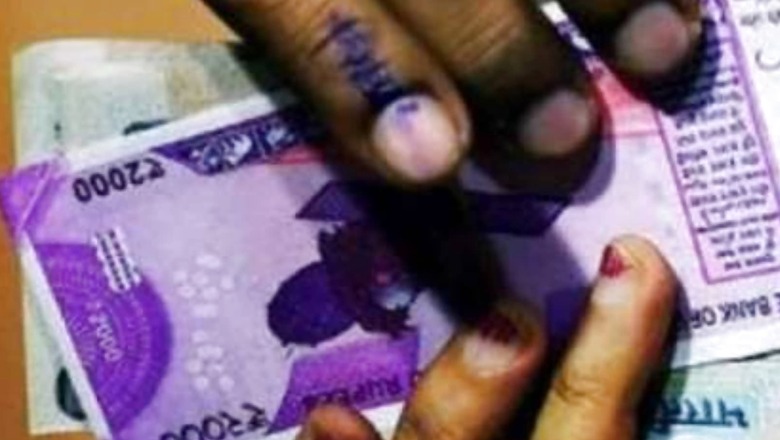
views
Asset transfer to legal heirs is a herculean task in India, the findings of a new survey indicate. Only 23% of families were able to easily get the assets of a deceased family member transferred to the legal heirs while the majority struggled, according to the study carried out by community social media platform LocalCircles. This struggle has led 52% of respondents/their families to pay bribes at several places. Amongst departments, 86% of families indicated that property registration/land transfer offices have been found to be most guilty of this practice.
Asset transfer plays a crucial role for legal heirs to secure their inheritance after the demise of the person in whose name it is registered. The inheritance can be in the form of property, mutual funds/shares, brokerage accounts, bank accounts, jewellery, etc. Several legal formalities need to be fulfilled before the asset can be transferred to the heirs.
Generally, if the deceased person leaves a will or makes a voluntary transfer, the process requires submission of a death certificate, copy of will, and property papers to get ownership transfer. For a property where the owner expires without a will, inheritance formalities will involve a settlement document reached by all legal heirs.
The LocalCircles survey received more than 26,000 responses from citizens residing in 303 districts of India. 67% respondents were men while 33% were women. 48% respondents were from tier 1, 27% from tier 2 and 25% respondents were from tier 3, 4 and rural districts.
Only 23% families who attempted were able to easily get the assets of a deceased family member transferred while the majority have had to struggle
The first question in the survey asked citizens about their experience with regards to transfer of assets—property, mutual funds/shares, brokerage accounts, bank accounts, jewellery, etc—post demise of a family member in the last 10 years. In response, 13% said they had a “straightforward process as there was a registered will”, and 19% shared that “there was a registered will but despite that it was very difficult”. There were also 10% of citizens who said that they “did not have a registered will and it was very difficult”, 27% also “did not have a registered will and have not been able to complete the process yet”.
However, 10% of the respondents said “we did not have a registered will but have been able to complete the process”; 8% said they “have not initiated the transfer process yet and need to do so” while 13% gave no clear indication. On an aggregate basis, only 23% of families were able to easily get the assets of a deceased family member transferred while the majority have had to struggle.
The next question in the survey asked citizens if they had to pay a bribe, either directly or indirectly, to get the transfer of assets—property, mutual funds/shares, brokerage, accounts, bank accounts, jewellery, others, etc—post demise of a family member in the last 10 years. In response, 25% said “Yes, in lots of places” they paid a bribe, and another 27% also said “Yes, in 1-2 places”. 24% of citizens stated “No” they did not have to pay a bribe; 16% said they “have not initiated the transfer of process yet”, and 8% gave no clear response. On an aggregate basis, 52% of families who got assets of a demised family member transferred had to pay bribes, some in several places.
26% of citizens said they paid a bribe to “(1) property registration/local land officials”, “(2) magistrate office/courts”, and “(3) other local and state government officers”. The survey data shows 21% paid bribes to “property registration/local land officials”, and 39% paid it to “1 & 3” category of offices; 14% of citizens couldn’t say. On an aggregate basis, 86% of the families who had to pay a bribe to get assets of a demised family member transferred did so at the property registration/land transfer offices.
The survey findings indicate that 86% paid bribes to “property registration/local land officials”, 65% to “other local and State Government offices”, and 26% paid officials in the “magistrate office/courts”.
Read all the Latest India News here




















Comments
0 comment